UK Energy costs to increase 80 percent from October
The British establishment has announced an 80% increase in electricity and gas bills, effective as of October. How the British people are going to afford it is cause for concern.
As the rocky economic road that the British are traveling on continues to chip away at their income, some are wondering how they will manage their expenses in a UK which is currently enduring unprecedented inflation coupled with a cost of living crisis.
Now the nightmare has been taken to the next level.
An 80% increase in electric and gas bills has been announced, an increase that is coming before the winter season.
It is a major problem because what is happening, of course is, first of all, real incomes are falling because people are not getting wage settlements in line with inflation but below inflation.
Then, tax burden has increased, you know, to record levels as well.
The government has been raising taxes to pay for the furlough scheme, and all the money that they splurged.
Keith Pilbeam, Professor of Economics, City University of London
An 80% increase would mean that the average cost per household would be about 3600 pounds, or about $4,200 per year from October, which is terrible news, especially for the poor and the bottom half of the socioeconomic strata of society.
Being winter it is going to affect us more. In summer when it went up it wasn't too bad because we don't use a lot of gas or electric in the summer.
Passerby 01
It just has to be a change in lifestyle at this point. You know, just turn on the gas when you can, when it's really necessary, or making sure that all the lights have definitely turned off and so forth.
Passerby 02
Fuel Poverty
The United Kingdom was already suffering from high energy prices and heating bills long before the Ukraine crisis began.
The situation was so bad that fuel poverty, as it was called, was leading to the deaths of those who could not afford to heat their homes.
If you're poor, you spend more money on energy and food. And so these people are being disproportionately hit.
Many of them have already got debt, and they don't have any savings to get into.
So it is a crisis, there's no question about that.
Keith Pilbeam, Professor of Economics, City University of London
For example, an article in 2020 pointed out how thousands of people in the UK died from hypothermia and that fuel poverty was to blame.
On average there were 32,000 more deaths between December and March than the rest of the year. Many perish because of the refusal of a society with abundant wealth and resources to provide for its most vulnerable citizens.
An average of 9700 deaths each year is believed to be caused by living in a cold house.
These statistics are truly shocking and not what one would expect from a European country.
We know we need to do more because, actually, the most vulnerable households have no cushion, have nothing available to them.
So what I'm looking at is how I can target that help for those people, not just to January.
Nadhim Zahawi, Chancellor of The Exchequer
The unprecedented hike in energy prices in the UK will certainly affect the economy. One obvious outcome of this price increase is that it will chip away at people's spending power and income.
This is while people's income has not kept pace with inflation. Increases have been minimal or nonexistent, which may explain why there have recently been so many strikes and protests involving different sectors in the UK.
The latest protest is the postal workers strike with 115,000 workers across 1500 locations, not to mention the criminal barristers and mass rail strikes, which have plagued the UK as the country battles a cost of living crisis like no other.
According to Boris Johnson the new administration will clearly have to help people with their upcoming energy bills.
The Outgoing Prime Minister, Boris Johnson, has left an economic mess for the next administration to deal with.
But was it all entirely his fault? The UK did not exactly have a sound economy even before the pandemic started.
But of course we could see this coming and that's why we put the steps in place that we already have, and don't forget that although there'll be more announcements next month, more cash coming from September onwards; you shouldn't forget that the pipeline of cash stretches out throughout the autumn.
Boris Johnson, Outgoing British Prime Minister
Among the group of seven (G7) economies the UK has suffered the highest inflation rate as price rises have reached a 40 year record, with inflation recorded at 10.1% in July, the highest it has been since 1982.
We don't know who the next administration will be. Will it be Liz trust? Will it be Rishi Sunak? But what we do know is they're both incompetent.
Keith Pilbeam, Professor of Economics, City University of London
With the Ukrainian crisis showing no sign of abating the future looks particularly bleak for “Her Majesty’s subjects”, especially since the new Government will not officially begin work until October.
Israel indicts two settlers over suspected spying for Hezbollah
Iran: US airstrikes on Yemen war crimes, violation of international law
Yemeni armed forces down F-18 fighter jet, repel US-UK attack: Spokesman
Iran warns against US-Israeli plot to weaken Muslims, dominate region
VIDEO | Public uproar in US against Israeli regime
‘Ghost town’: 70% of Jabalia buildings destroyed by Israel
Mother’s Day: Sareh Javanmardi’s inspiring journey as Paralympic champion and mother
Russia downs over 40 Ukrainian drones as Putin vows 'destruction' on Kiev




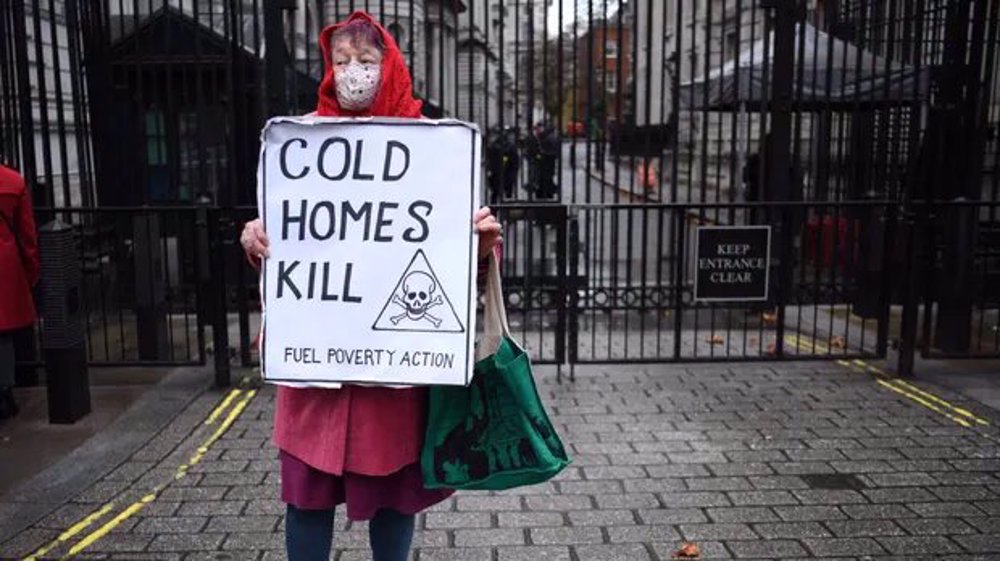
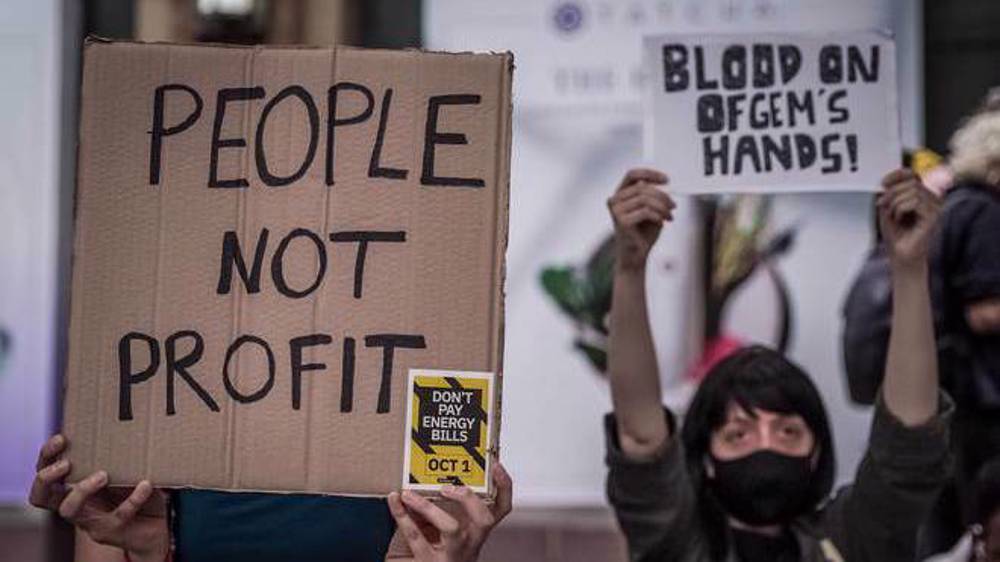
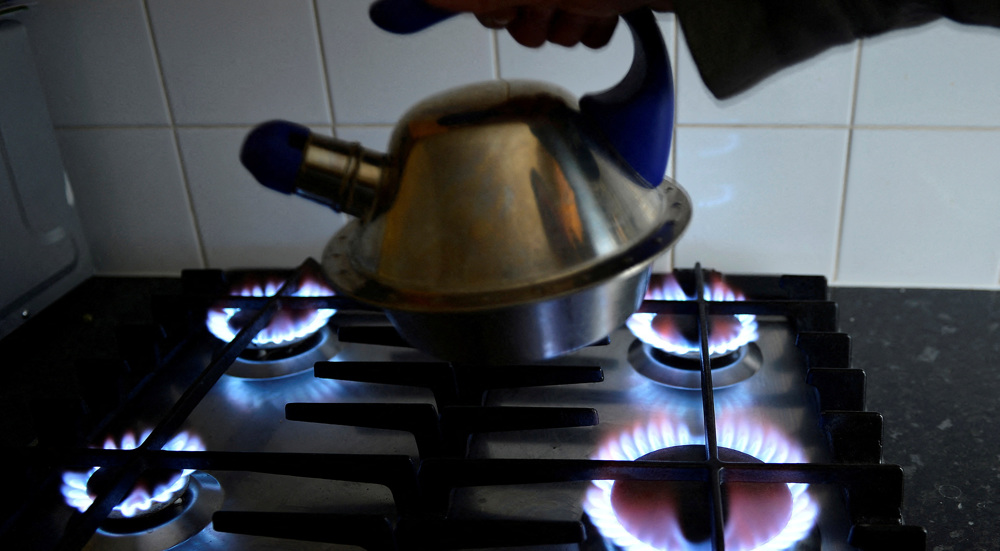
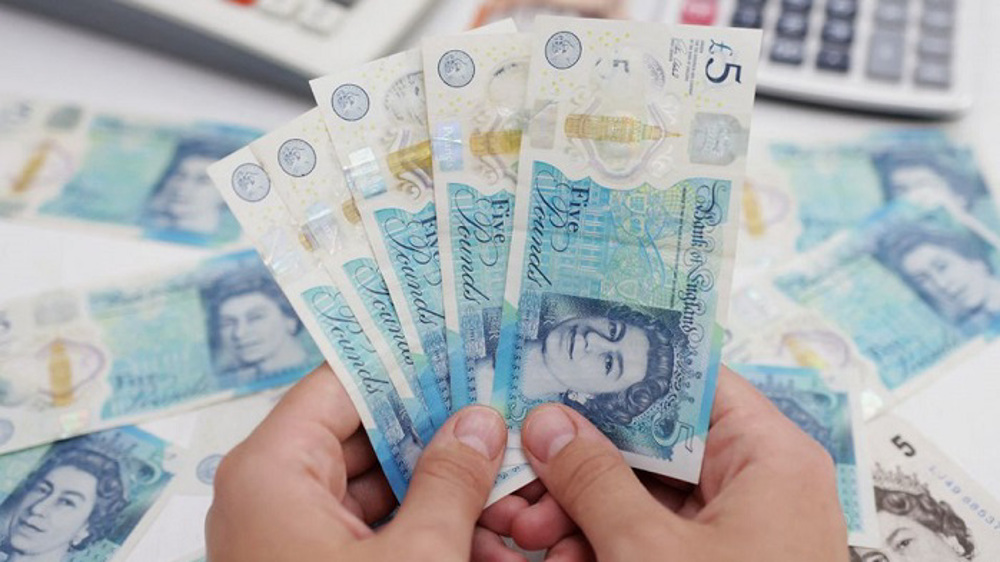
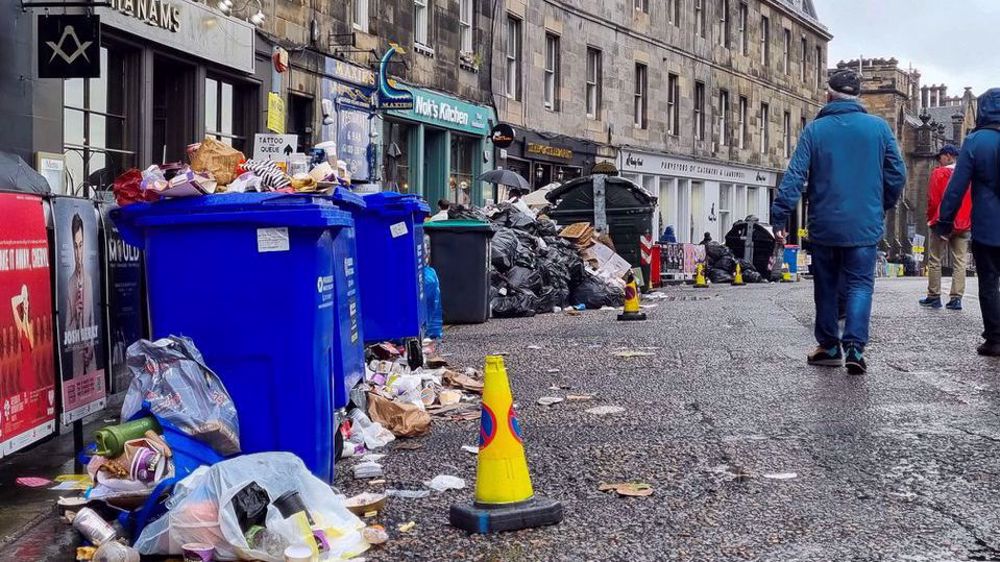
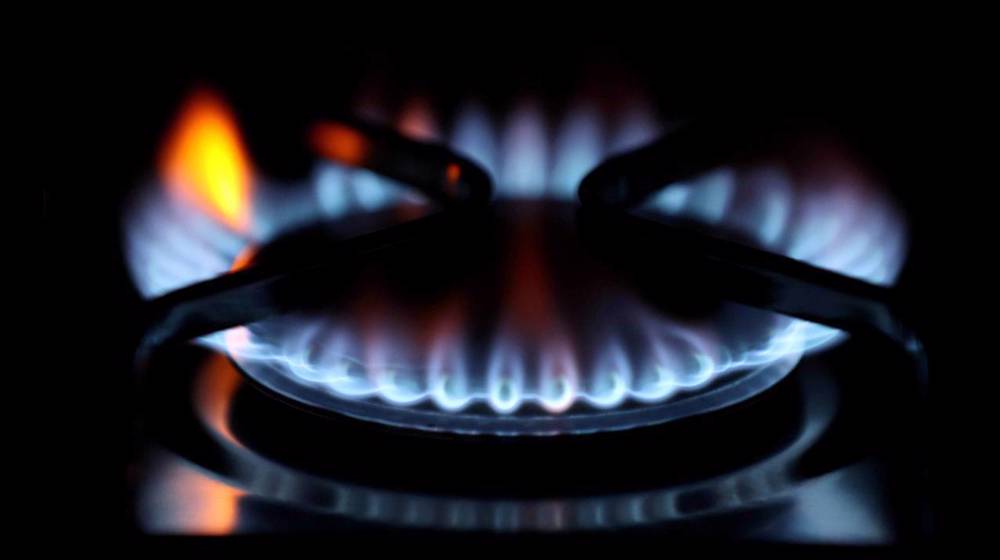



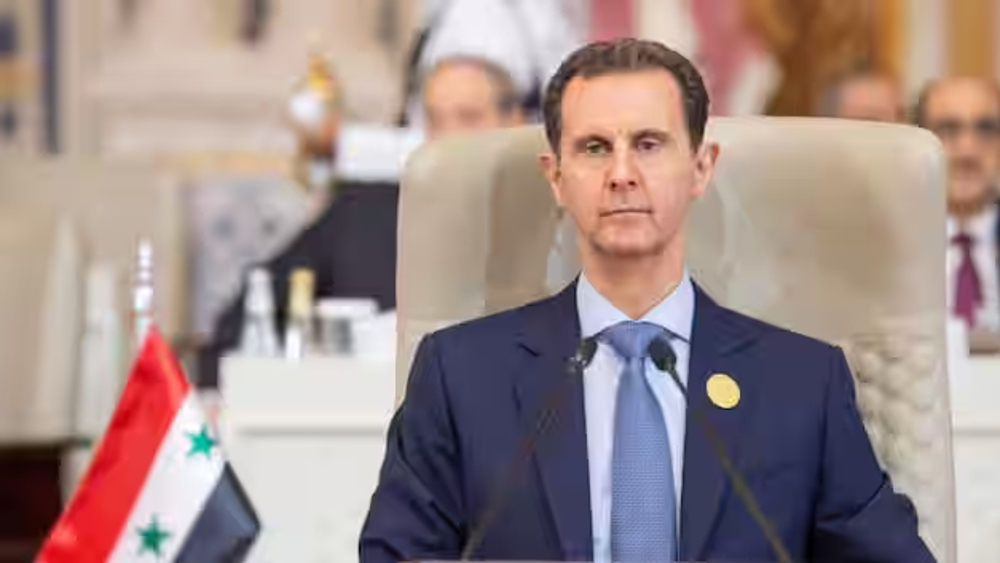



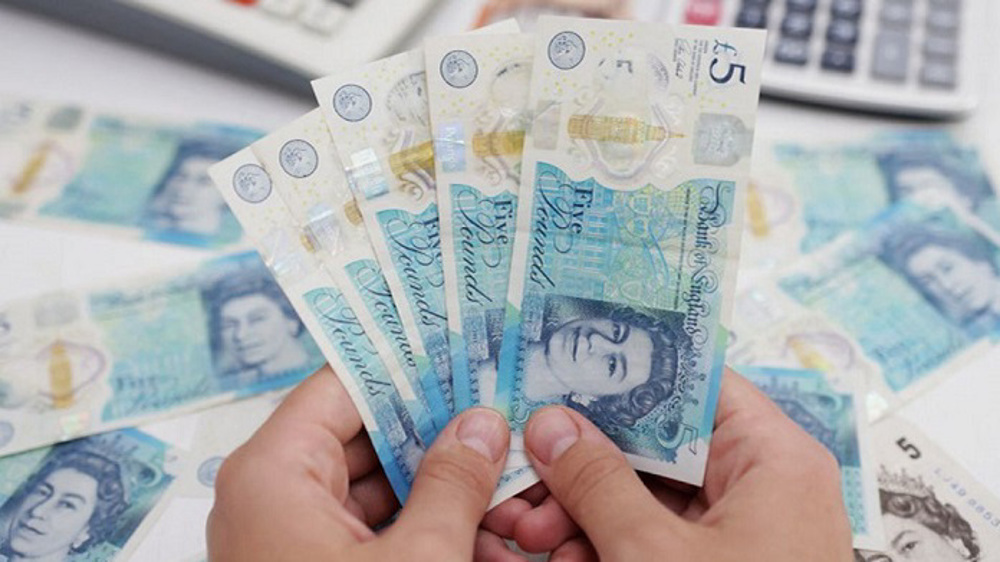
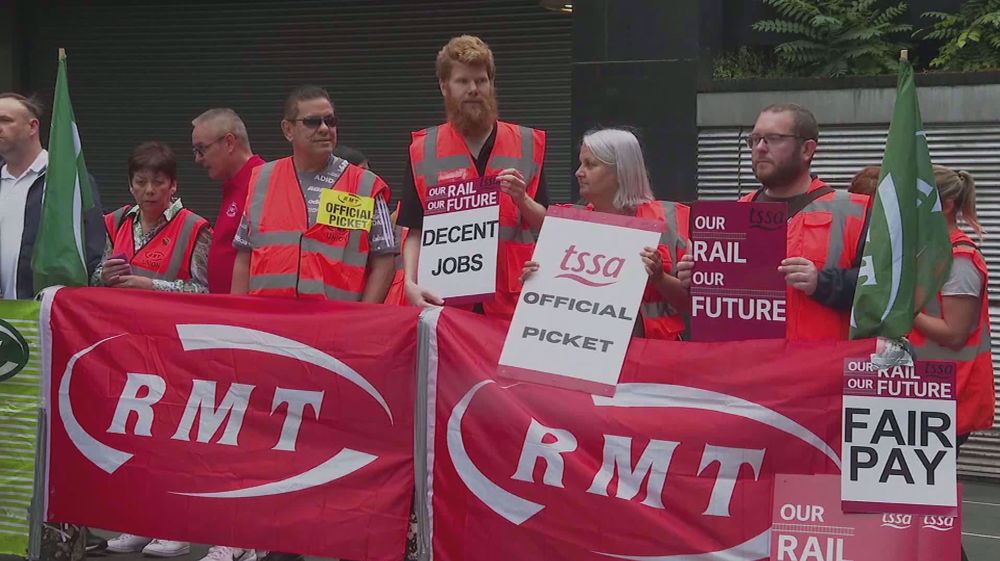
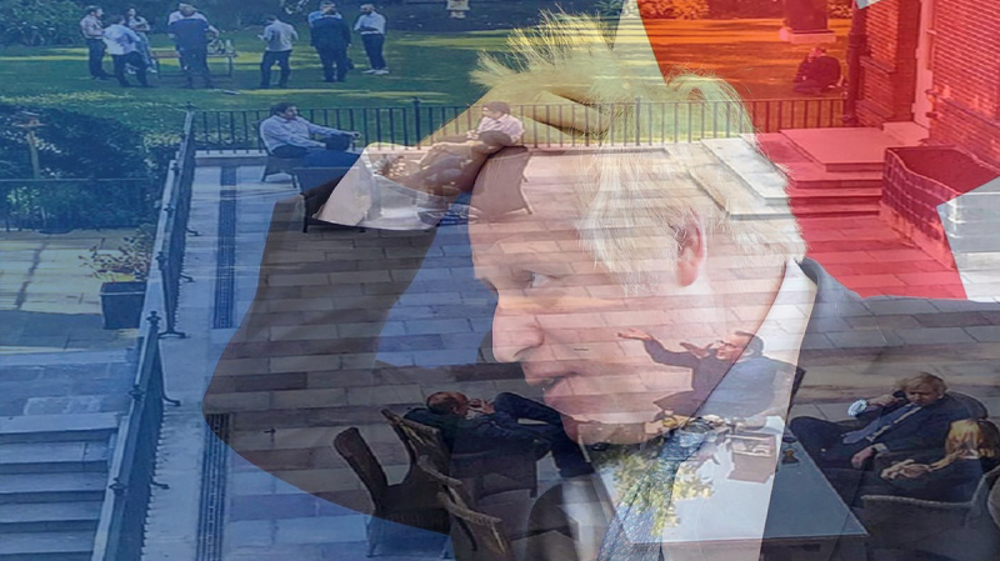

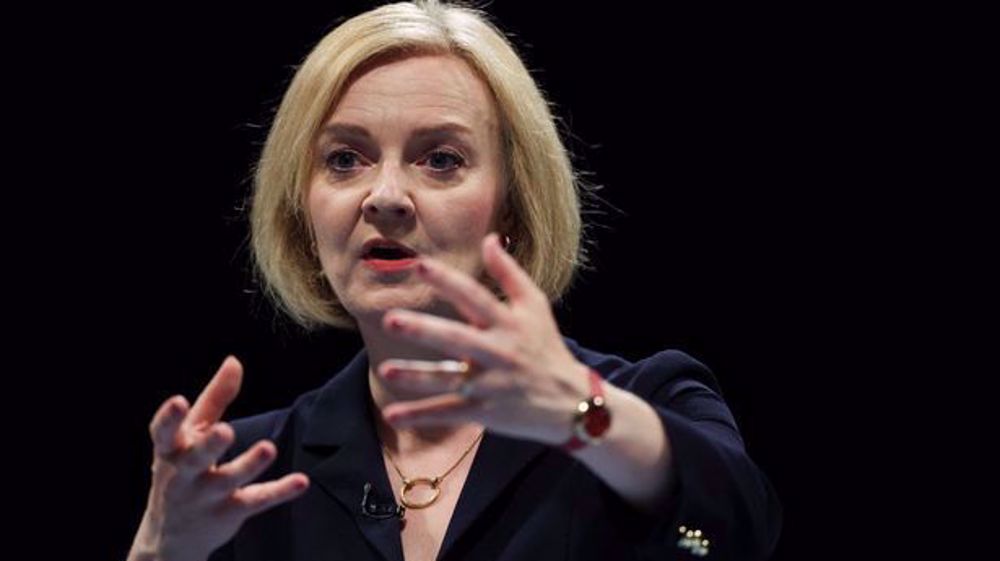
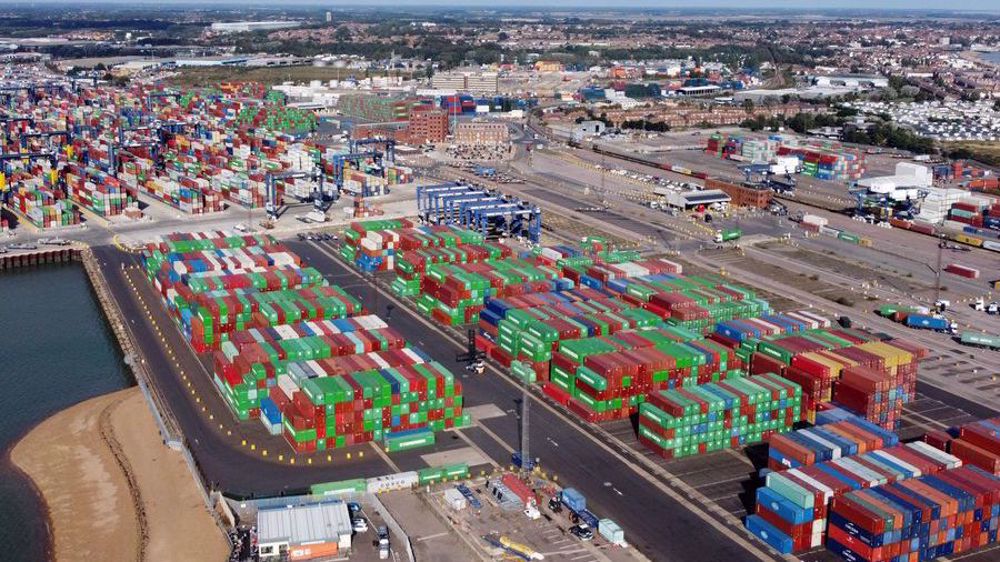
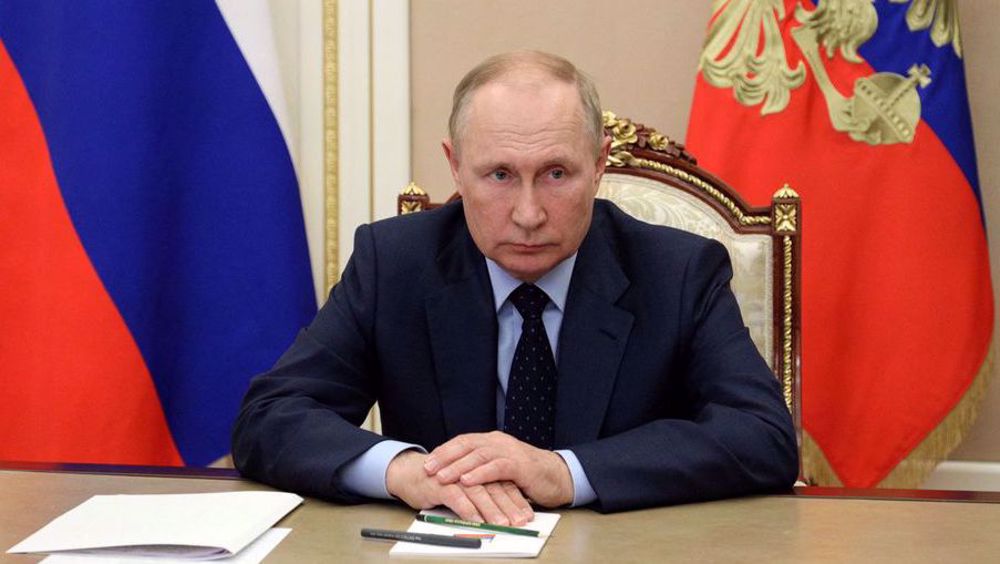

 This makes it easy to access the Press TV website
This makes it easy to access the Press TV website